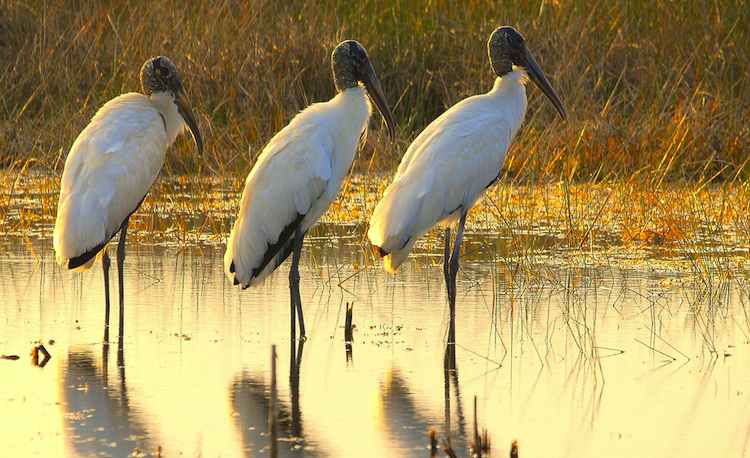From a grandmother nursing orphaned elephants to a whole town rallying for a little salamander, the past year has been ripe with good news surrounding endangered species.
To mark the 10th annual Endangered Species Day, Good News Network is sharing some of the most uplifting success stories of the year.
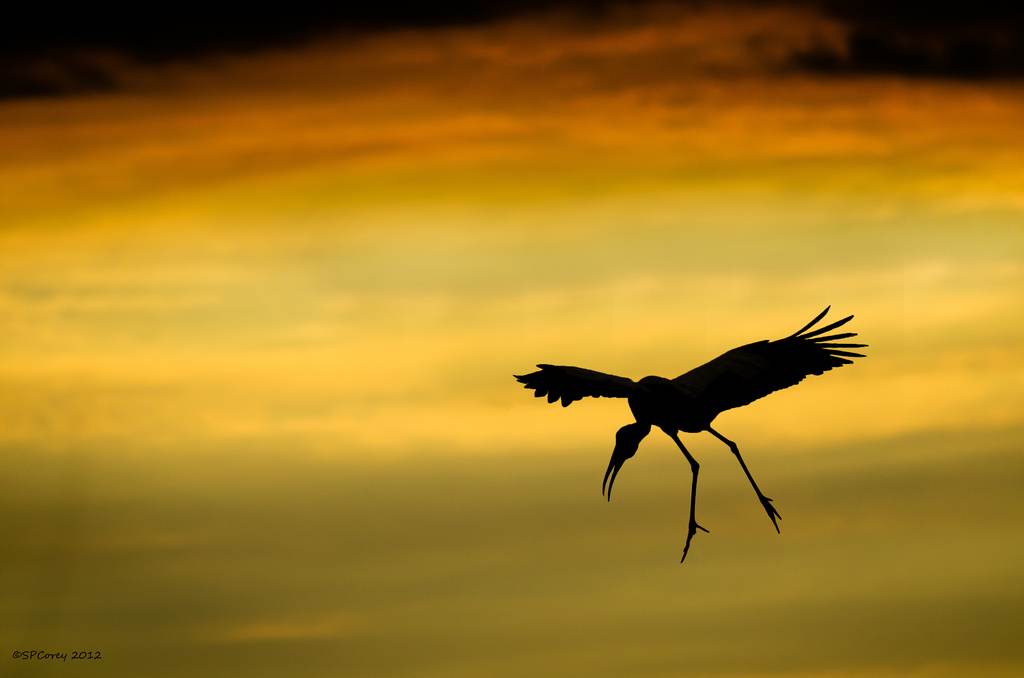
For starters, Wood storks soared off the Endangered Species List last June. Thirty years earlier, the giant birds were expected to be extinct by 2000. Now, they’ve doubled their population, thanks to efforts to rebuild wetlands in the southeastern U.S.
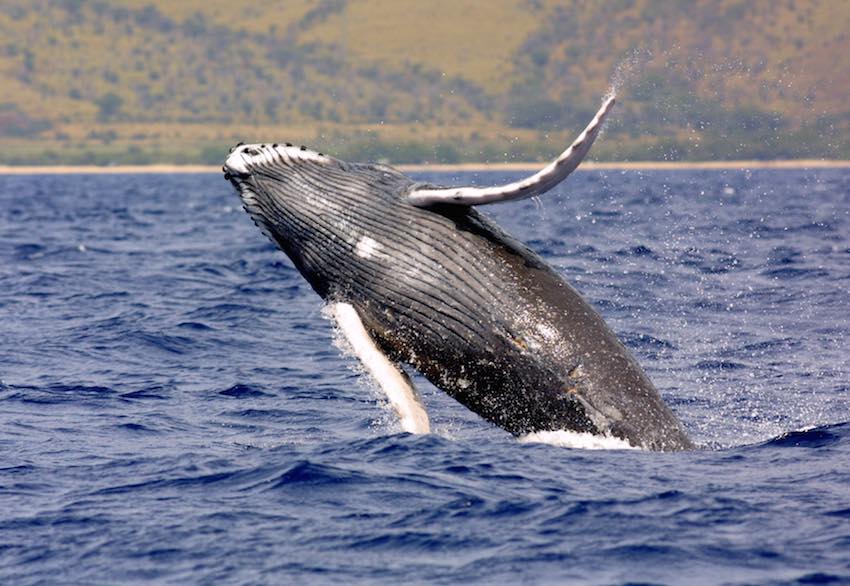
Humpback whales were also poised to leap off the Endangered Species list in April, thanks to the 50-year-old ban on commercial whaling and vigorous conservation efforts. NOAA made the suggestion after most of the world’s humpback populations returned from the brink.
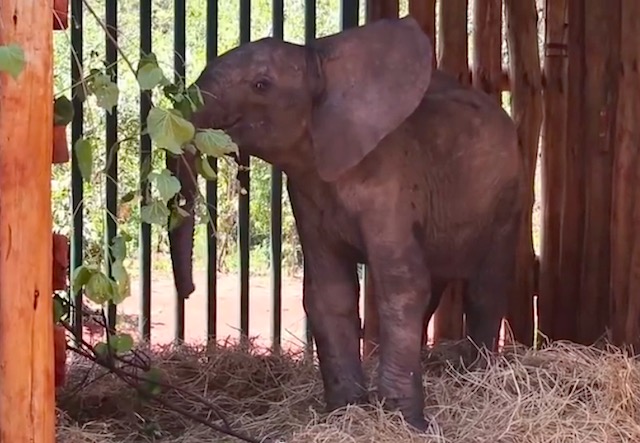
Orphaned elephants got a second chance at life at Kenya’s Nairobi National Park because of 80-year-old Dr. Dame Daphne Sheldrick, who perfected her own formula to nurse baby elephants.
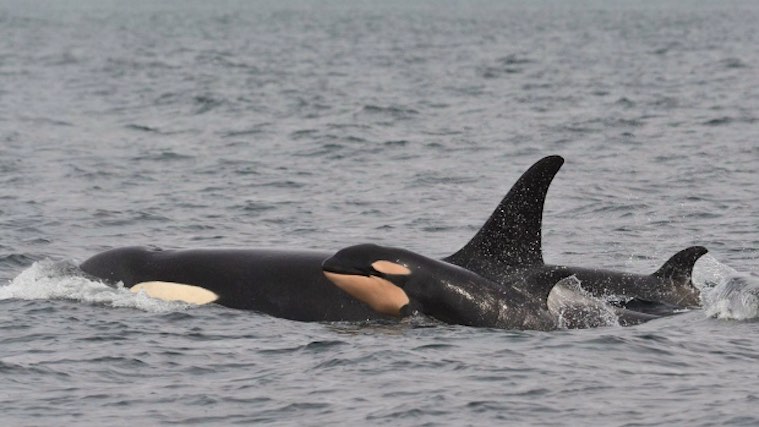
Did you know that there’s a baby boom going on among a clan of the world’s most endangered killer whales? Whale watchers off the British Columbia coast sighted a fourth calf born between December and April to the group of Southern Resident Killer Whales.
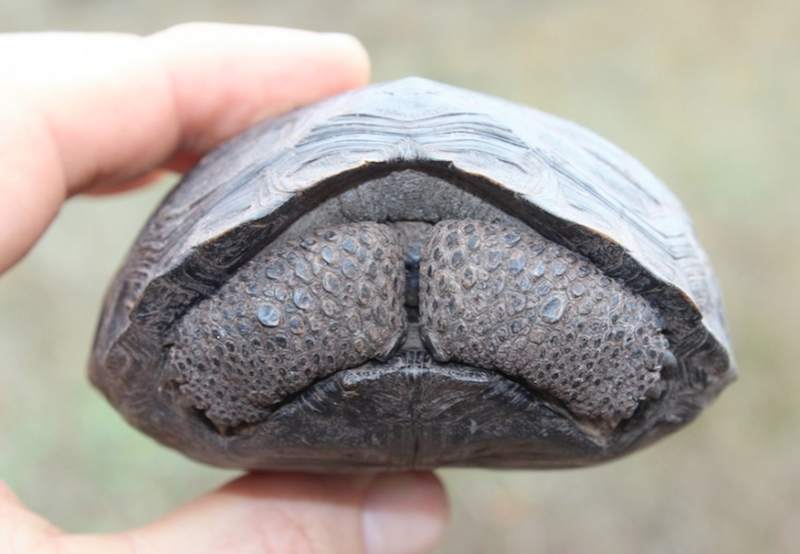
Conservationists in the Galapagos Islands spotted evidence in December of rare baby turtles. They’re the first Pinzón Island saddleback giant tortoise hatchlings to have survived in the wild in over a century. Researchers believe there may be hundreds of the hatchlings roaming the island where only 100 of the animals remained just 50 years ago.

The world’s giant panda population has grown by 16% since the last census of the animals. The latest panda survey shows the population up by 268 over the past decade, thanks to China’s preservation efforts.
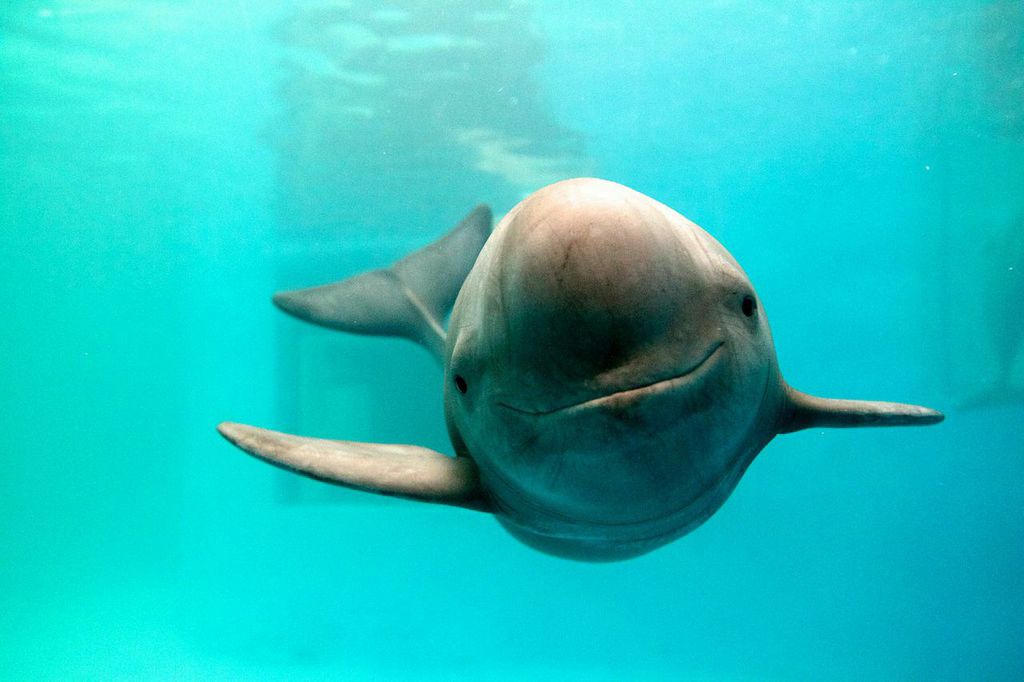
In March, we reported that four Yangtze finless porpoises – part of an estimated population of just 1000 – were released into their new home, marking the start of an ambitious project to help save the endangered species from extinction.
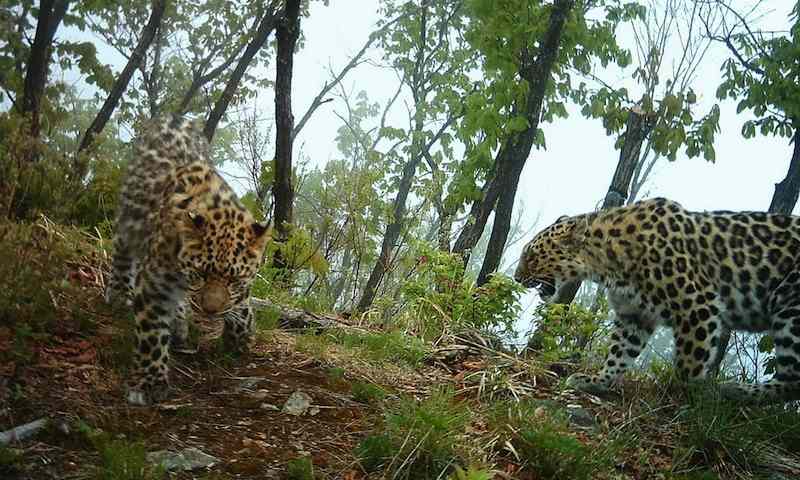
The world’s rarest wild cat doubled in number in the last seven years — at least 57 Amur leopards now live in Russia’s Land of the Leopard National Park, and there are an additional 8-12 leopards in adjacent parts of China.
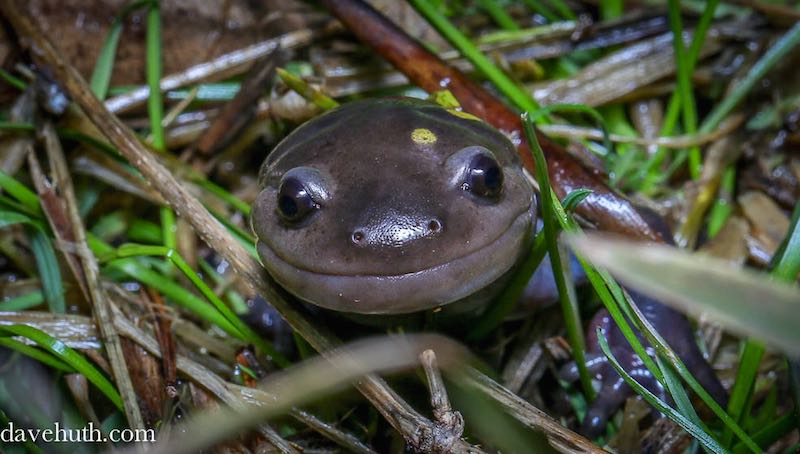
And for the fourth time, a city in Canada helped out Jefferson salamanders by closing a road through their habitat for two months during their migration period.
SEE more striking images of endangered species at Mashable.
Top photo of wood storks at sunrise by Andrea Westmoreland, CC
SHARE the Good News on Endangered Species Day… (below)




















